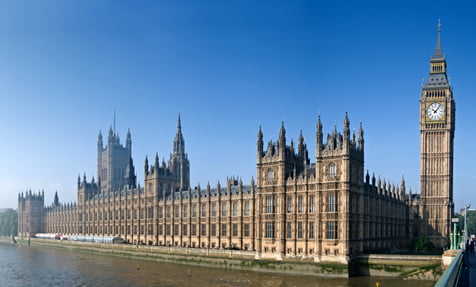Aberdeen, Scotland Public Record Office
Address:
Registrar – Births, Deaths & Marriage Records Corporate Governance
Business Hub 3
Ground Floor South
Marischal College
Broad Street
Aberdeen
AB10 1AB
Phone Number:
01224 522616
Fax Number:
01224 346011
Email Address:
registrars@aberdeencity.gov.uk
Business Hours:
Tuesday-Thursday: Mornings, 9:30 – 12:30; Afternoons, 1:30 – 4:30
Fees: General Searches are £20 per person per hour. Computer searches for all Scotland are £20 per hour. Book an appointment by telephoning (01224) 522033.
The Registrars’ Office is based out of the Aberdeen City Centre. The trained professionals here provide registration of births, deaths and marriages. In addition, if so desired, the Registrars may conduct civil (non-religious) ceremonies at Marischal College in Aberdeen’s historic Town House, and other venues throughout Aberdeen that are duly licensed.
The Registrars also provide assistance with genealogy and family history research. Historic birth, death and marriage records for Aberdeenshire (which includes Aberdeen City) are located in the Registrar’s Office Search Room. These records are arranged alphabetically and filed according to parish and/or registration district. Birth records for the period 1855-1899 and marriage and death records from 1855 to 1939 are preserved on paper. After 1899 (for births) and 1939 (for marriages and deaths) records are kept on microfiche. Microfiche records extend up to and include the year 1967. Birth, death and marriage records for Scotland in its entirety are available on computer database. The Search Room also features census records dating back to 1841.
The history of Aberdeen is rich and deep. When Scotland fought for her independence from England in the 1300s, Aberdeen was occupied by English forces. Robert the Bruce attacked the English in 1308 and retook Aberdeen. English King Edward III burned Aberdeen in 1336. But the Scots rebuilt their city and called it New Aberdeen. They fortified the city, which remained a gated community until 1770, when at long last the gates were removed.
Aberdeen suffered again during the War of the Three Kingdoms in 1644-47. At the end of that war there was a huge outbreak of bubonic plague; nearly 25 per cent of Aberdeen’s population died. As the Age of Enlightenment dawned the first social services appeared in Aberdeen, including the Infirmary and the Lunatic Asylum. Major street improvements occurred in the end of the 19th Century.
Today, the bustling seaport town is host to many farflung descendants of Scottish ancestry, who return to Aberdeen to conduct genealogical research into their colorful past.
Advertising Disclosure: This post may contain promotional links. publicrecordsearch.co.uk may be compensated if you use these links.

